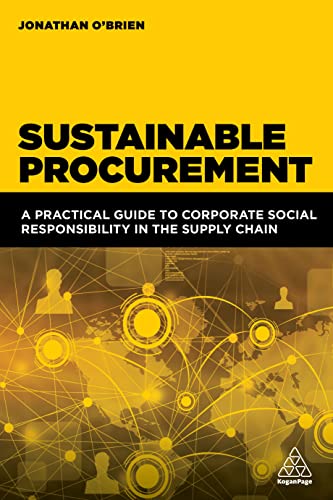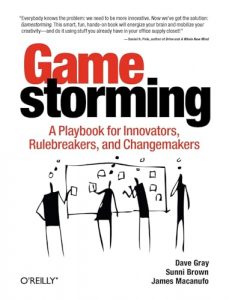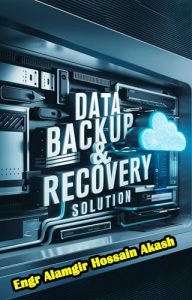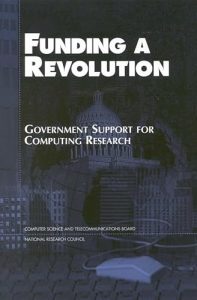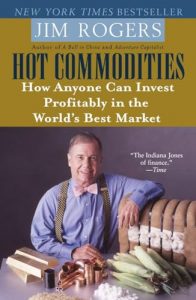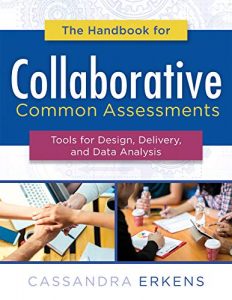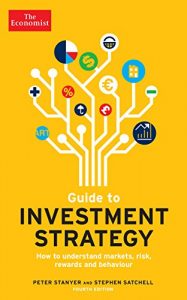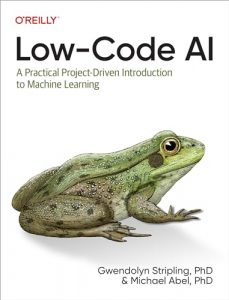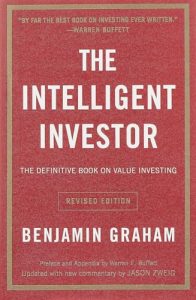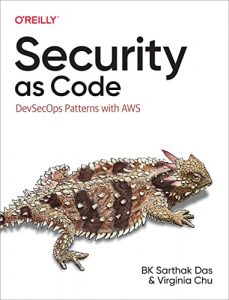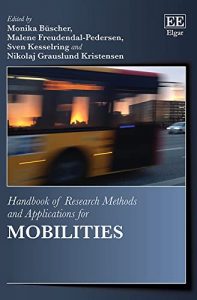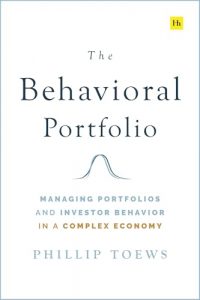1. Sustainable Procurement: A Practical Guide to Corporate Social Responsibility in the Supply Chain
Written by Jonathan O’Brien, this book serves as an essential resource for business professionals looking to enhance their supply chain’s social responsibility practices. The practical insights offered by O’Brien focus on integrating sustainability into procurement processes, making it a vital read for anyone in the industry. It not only discusses the significance of sustainable procurement but also provides actionable strategies that can lead to significant improvements in corporate responsibility. This makes it an invaluable tool for those aiming to impact positively on their environment and society.

2. Supply Chain Ethics: Using CSR and Sustainability to Create Competitive Advantage
In this insightful book by John Manners-Bell, readers are introduced to the concept of ethics within supply chains. The author intricately weaves together CSR and sustainability, demonstrating how adopting ethical practices can lead to a competitive edge in business. This book is not just theoretical; it includes practical case studies reflecting contemporary business scenarios. It’s a compelling read for decision-makers and leaders who wish to align their corporate goals with ethical practices that enhance brand reputation and customer loyalty.

3. Private Regulation of Labor Standards in Global Supply Chains: Problems, Progress, and Prospects
Authored by Sarosh Kuruvilla, this book sheds light on the often-overlooked aspects of labor standards in supply chains. In an era where ethical sourcing is more important than ever, Kuruvilla examines the effectiveness of private regulations in enhancing labor practices. This book provides readers with a critical understanding of labor-related challenges in global industries and encourages continual dialogue and progress. It’s a must-read for those who aim to advocate for better labor standards across borders.

4. Rethinking Global Value Chains and Corporate Social Responsibility
Peter Lund-Thomsen’s book pushes readers to rethink their existing notions of global value chains and CSR. It delves into the integration of sustainable practices in enhancing value and emphasizes the interconnectivity of various global supply chain elements. By examining contemporary examples and thought-provoking insights, this book is paramount for those wanting to understand the evolving landscape of supply chain management within a global context. Lund-Thomsen advocates for strategic rethinking which can positively transform businesses.

5. Fashion Merchandising: Principles and Practice
James Clark’s book is a comprehensive guide to the principles of fashion merchandising. It is particularly relevant for those in the fashion industry aiming to understand the intersection of marketing and sustainability. With a focus on practical implementation, Clark equips readers with the necessary tools to merge style and sustainability. This enlightening read is perfect for aspiring fashion professionals who are looking to create ethical and sustainable fashion practices that benefit both consumers and the environment.

6. Major Changes in Supply Chain Responsibilities
Authored by Michiel R. Leenders and P. Fraser Johnson, this book outlines critical changes and trends in supply chain responsibilities. The authors provide an engaging narrative that lays out the evolving nature of supply chain management in today’s economy. It’s filled with practical insights and case studies, making it a valuable read for professionals aiming to adapt to the rapidly changing marketplace. The discussions on evolving responsibilities provide a crucial framework for understanding modern supply chains.

7. Corporate Social Responsibility in Supply Chains
This book, which is authored anonymously, presents a thorough examination of CSR within supply chain frameworks. With an emphasis on practical applications, it provides tools and techniques that different sectors can utilize to enhance their CSR initiatives. This book encourages businesses to take proactive steps towards responsibility, thereby reinforcing their commitment to social and environmental stewardship. It’s a great resource for anyone looking to instill CSR practices effectively within their supply chains.

8. Corporate Social Responsibility and the Supply Chain
Monika Jedynak’s book offers a broader perspective on CSR practices specifically tailored to supply chains. By addressing complex interrelationships and providing concrete methodologies for success, it significantly enhances the understanding of CSR within this important area of business. This book is essential for corporate leaders and strategists who are serious about implementing effective CSR strategies that not only enhance corporate integrity but also drive economic success.

9. Corporate Social Responsibility, Social Justice and the Global Food Supply Chain
In this impactful book by Hillary and Julia Shaw, the authors delve into the ethical dilemmas facing the global food supply chain. Through comprehensive analysis, they advocate for sustainable agricultural policies and social justice practices that are vital for food security. This book challenges readers to think critically about the intersection of ethics, sustainability, and economic viability in the food industry. It is a must-read for anyone invested in food policy reform or seeking to understand the complexities of food supply chains.

10. CSR und Value Chain Management
Michael D’heure’s book focuses on the integration of sustainable practices within value chain management in a German context. Written in German, this book discusses profitable growth through shared value creation, emphasizing the importance of cooperation between various stakeholders. It is particularly valuable for German-speaking readers looking to enhance their understanding of CSR in the realm of value chains. D’heure provides insightful case studies that underline the importance of mutual sustainability efforts for achieving business success.


